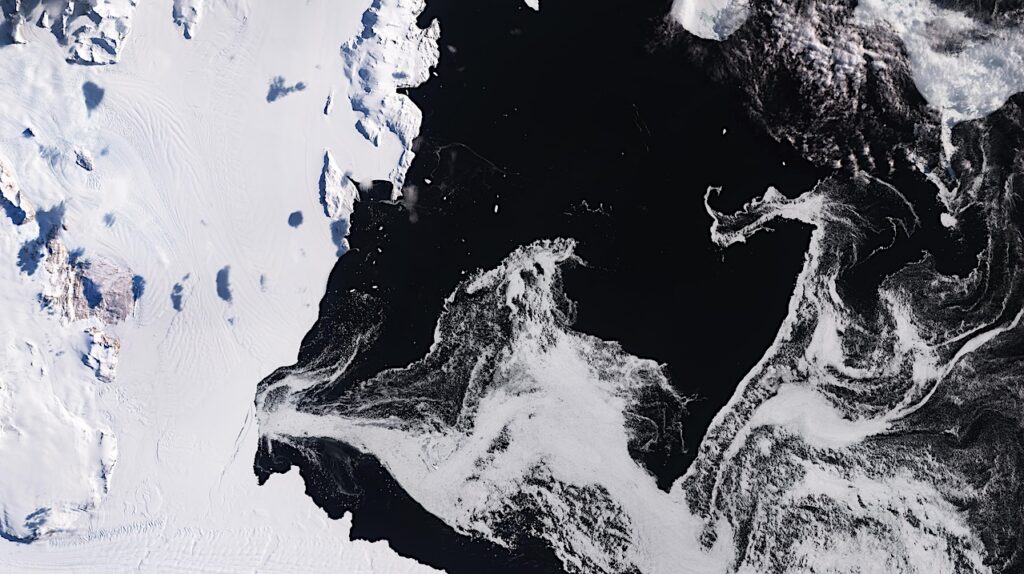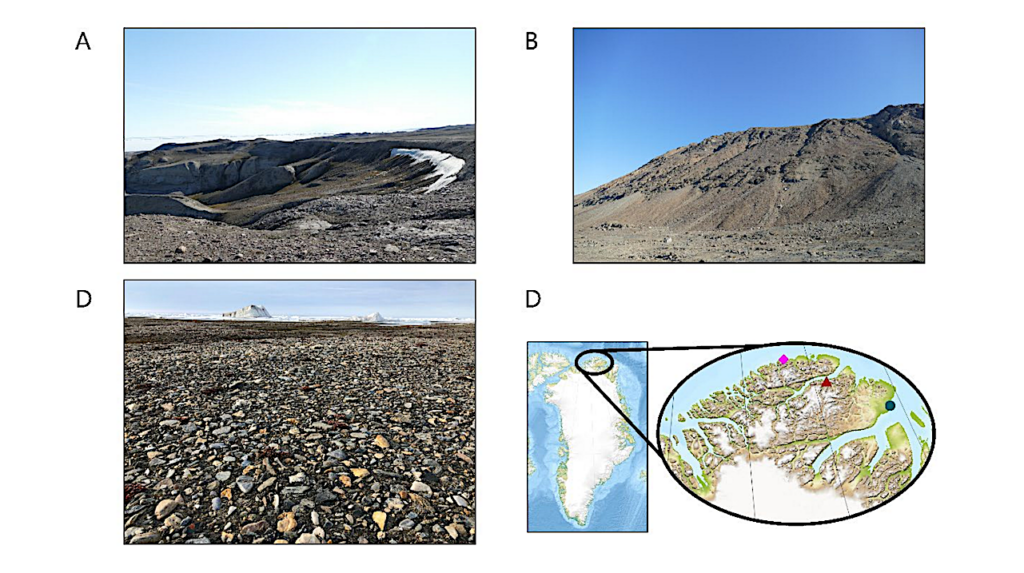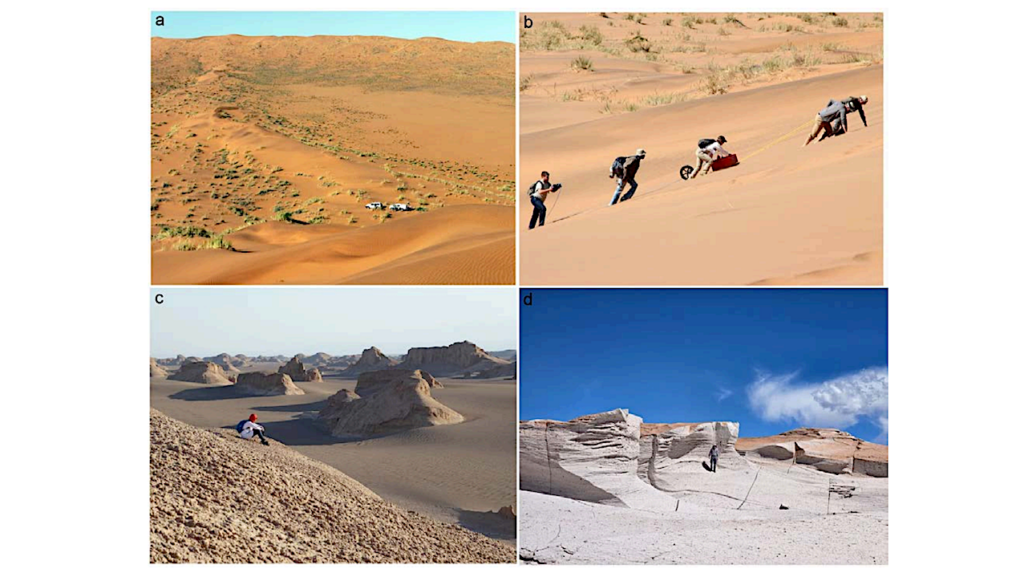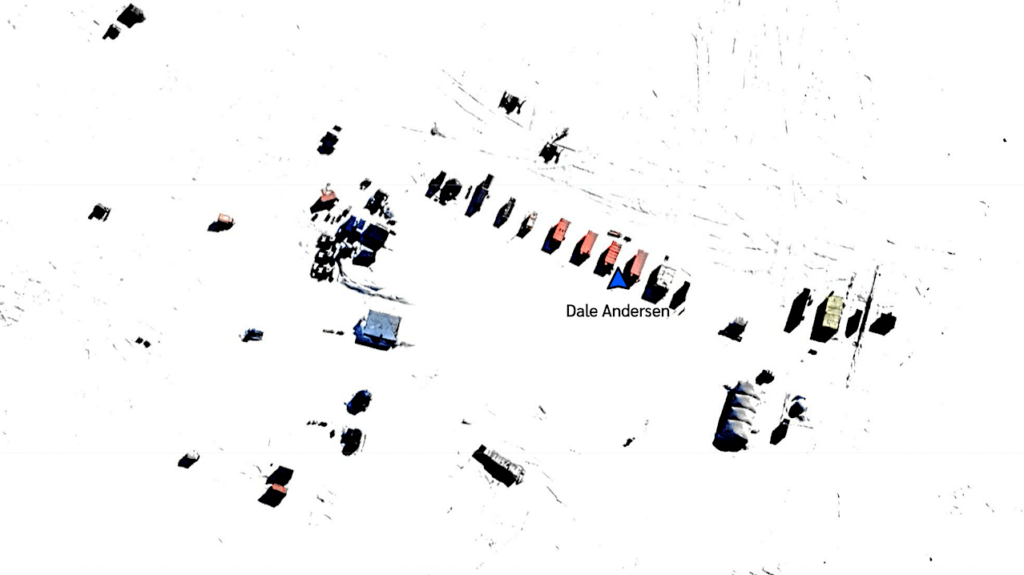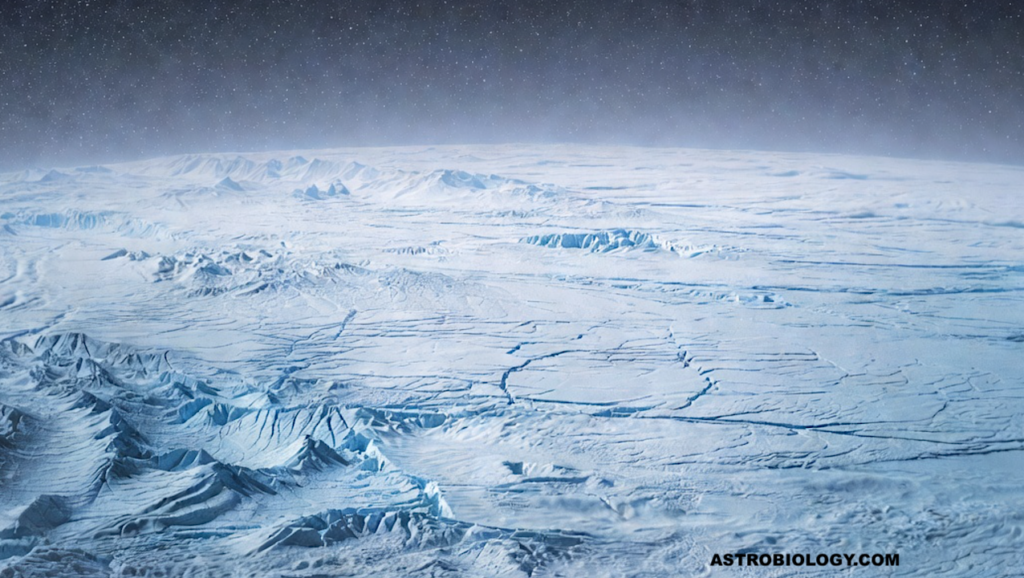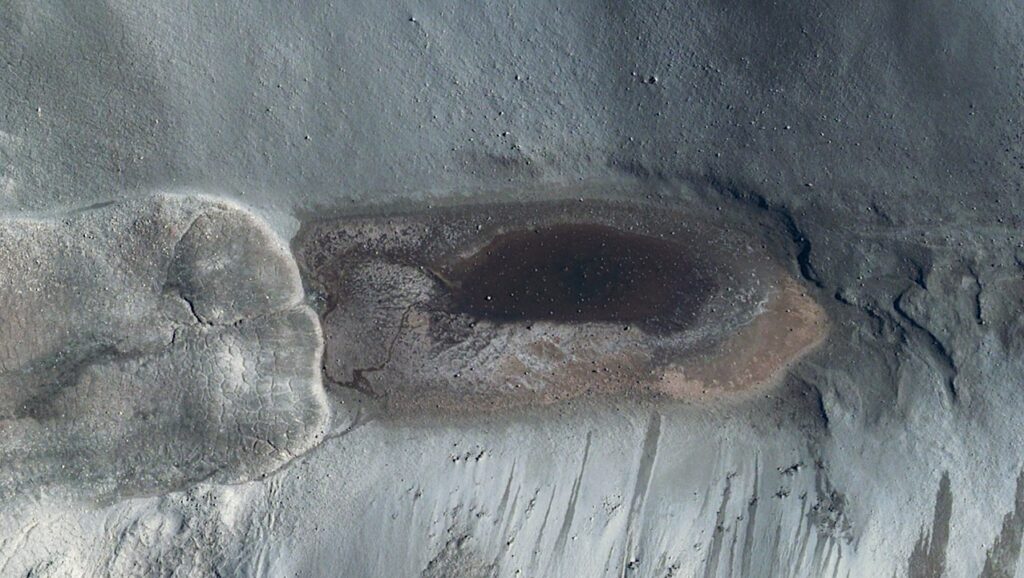Is Scott Parazynski’s climbing of Mt. Everest “exploration”? Scott Replies

Several weeks ago, my friend Wayne Hale asked his Twitter community: “Space Policy forum is debating the definition of exploration. Is Scott Parazynski climbing Mt Everest “exploration”?”
An excellent, thought-provoking question that I hadn’t had time to properly address while on the mountain. Here is my take on the matter, having recently taken journeys to both space and Everest’s top…
Fundamentally, Exploration involves two key elements: innate curiosity and a willingness to accept some degree of risk to pursue this curiosity. Curiosity — scientific, commercial or just plain wanting to see something with one’s own eyes — is pretty self-explanatory. Risk can take on many shades, from simple financial loss to the threat of bodily injury or death.
Most of us think of the term “Exploration” in the context of huge budgets and audacious projects, typically government-sponsored: Lewis and Clark’s continental traverse, Apollo’s lunar excursions, Trieste’s journey to the bottom of the Mariana Trench, the assembly of the International Space Station and so on. It does not have to be this way, however, and often is not! Much smaller efforts can be highly successful and meaningful, although they may not garner the same level of media spotlight. This year on Everest I met Mr. Paul Giorgio, like me a member of the Explorers Club (which often sponsors significant expeditions to all corners of the globe), who was leading a fascinating “mountaineering archaeology” expedition to Hillary’s and Norgay’s high camp on Mount Everest.
Meanwhile, my colleague Keith Cowing and I conducted a number of astrobiology research studies on the mountain, ranging from assessments of ultraviolet radiation (aiding scientists who study extremophile life forms) to field tests of ruggedized, specialized gear for extreme environments.
Do the benefits of our scientific studies and engineering assessments warrant the risks we took living on the side of Mount Everest for two months? Was my life-long curiosity to see the world from the very top worth the risk of climbing it? Obviously this is a facetious question, but it is also a personal one: for us, we took the risks willingly because we believe our potential gains exceeded the risks (which we carefully managed, by the way!). Even if we had gone to Everest without this intent to advance science and technology, the yearning to explore a domain new to us might have been worthy of risk — as it is for many, many climbers each year.
You asked your readership a question, so I’ll reply with another one or two questions for them:
Do you explore? If not, why not?
Warm regards,
Scott


